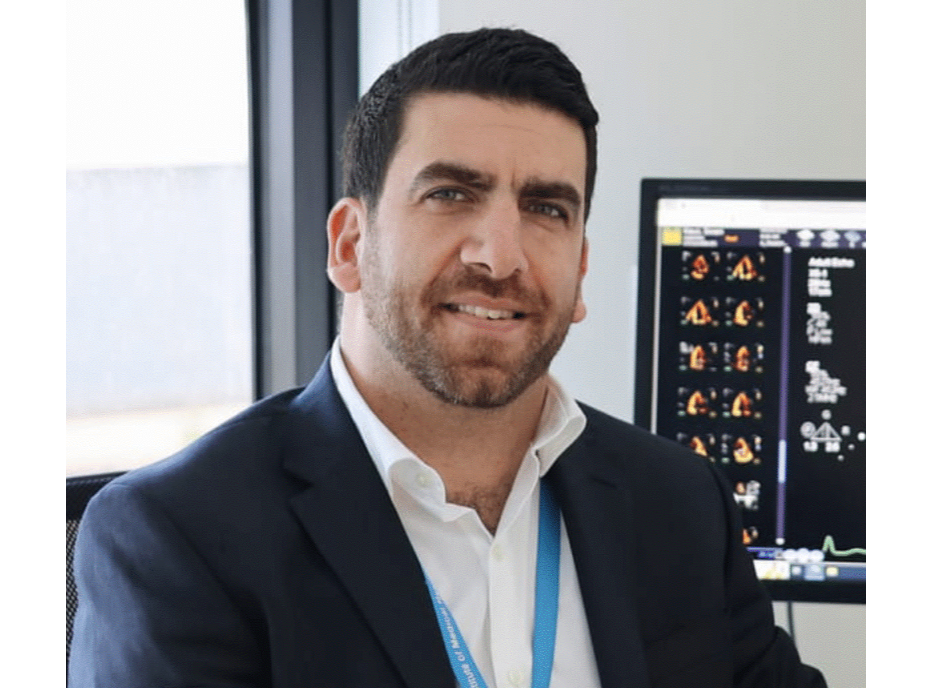Trial to better detect hidden heart disease
 Cardiologist and Associate Professor Abdul Ihdayhid, of the Harry Perkins Institute of Medical Research and Curtin University, is leading the CASCADE-MI trial
Cardiologist and Associate Professor Abdul Ihdayhid, of the Harry Perkins Institute of Medical Research and Curtin University, is leading the CASCADE-MI trial
A pioneering new study led by cardiologist Associate Professor Abdul Ihdayhid from the Harry Perkins Institute of Medical Research and Curtin University is offering new hope to families affected by early heart attacks.
The CASCADE-MI trial, conducted in collaboration with Fiona Stanley Hospital and the University of Western Australia, is the first of its kind to examine whether advanced imaging can better detect hidden heart disease in people with a family history of premature heart attacks.
Heart attacks are responsible for causing almost 1 in 25 of all deaths, equating to one person dying of a heart attack roughly every 80 minutes, or on average 19 people every day.
“When someone has a heart attack before age 55, their close family members, especially siblings and children aged between 30 and 55, may also be at increased risk,” said A/Prof Ihdayhid, a Fellow of the Royal Australasian College of Physicians.
‘The challenge is that many don’t realise they’re at risk until it’s too late.
‘We know that heart attacks that happen at a young age have a lot of different factors that contribute to it and often there’s a strong genetic or familial component.
‘But a family member may not know how to quantify that risk and that’s the gap that we’re trying to solve.”
A/Prof Ihdayhid said the trial was looking at whether a state-of-the-art CT scan of the heart can identify those most at risk before symptoms appear.
‘In the past, a patient would go to their GP who could roughly calculate the risk based on some rudimentary numbers but with CT scans we can visualise the plaque in your arteries and understand your risk much more accurately,’ he said.
‘With that detail, doctors can tailor the treatment and advice, which could include recommending behaviour or lifestyle changes.’.
The study involves co-investigator Dr Nick Lan, a cardiologist at the Cardiometabolic Clinic at Fiona Stanley Hospital and Clinical Senior Lecturer at UWA.
Eligible participants will be randomly selected to receive either a standard health check (including blood and urine tests and questionnaires) or the new screening pathway that includes a CT scan of the heart.
By identifying hidden signs of heart disease earlier, the CASCADE-MI trial aims to improve prevention, offer peace of mind, and ultimately save lives.
To learn more or register, visit: cascade-mi.org.

